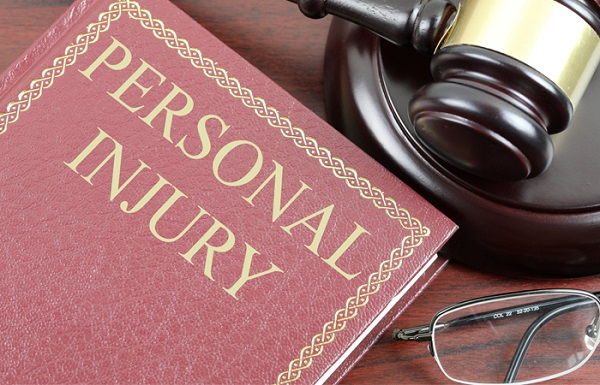In most personal injury claims, negligence is the primary factor. Negligence is a failure to take reasonable care which directly causes harm or injury to another person. Establishing these essential elements are typically required to prove negligence in a personal injury case:
Contents
Duty Care:
Duty of Care is a legal concept that applies to individuals and organizations who owe a duty of care to another person. This obligation means that the responsible party must exercise reasonable care in order to avoid causing foreseeable harm or injury. The standard of care required in any given situation will vary depending upon the context and relationship between those involved; for example, a driver has an obligation to operate their vehicle safely and abide by traffic laws. Similarly, medical professionals have a duty to provide care that adheres to accepted standards within their field.
Breach of Duty:
Breach of Duty is a legal concept that occurs when an individual or entity fails to fulfill their pre-established obligation. This obligation is often referred to as the duty of care and encompasses a wide array of activities, ranging from general safety concerns to more specific contractual agreements. A party can be said to have breached their duty if they demonstrate negligence or wrongdoing in fulfilling their responsibility – such as speeding or texting while driving – or if they fail to take appropriate action in providing safe premises.
Causation:
In order to establish blame in a negligence case, the plaintiff needs to prove that the defendant’s negligence directly led to any damage done. That is, the defendant’s disregard for reasonable care must be proven as the primary factor in the incident. The plaintiff must furthermore prove that had they acted responsibly, the harm would have been avoided. Additionally, any other contributing causes must be eliminated in order for liability to be risked.
Damages:
Damages refer to compensation sought by an injured person in legal action due to losses sustained as a result of another’s negligent or intentional actions. These losses may include medical expenses, lost wages, pain, and suffering, or property damage incurred from the incident in question. In order to be awarded damages, it must be demonstrated that the plaintiff has suffered actual harm alongside a duty of care owed by the defendant. This duty of care requires adhering to certain standards of conduct and behavior when interacting with others; failure to do so can lead to liability for any damages incurred by the injured party.
Types of Personal Injury Cases
Personal injury cases can arise from various incidents. Here are some common types of personal injury cases:
Car Accidents:
Car accidents are a frequent source of personal injury claims, with reckless driving, drunk driving, distracted driving, and poor road conditions as some of the most common causes. If you have the misfortune of being involved in an automobile accident, it is essential to take action quickly for maximum effectiveness. This includes gathering evidence at the scene such as photos or videos and seeking medical attention right away if needed.
Slip and falls:
Slip and fall accidents are all too common, bringing about a range of results from minor inconveniences to long-term disabilities. Hazardous conditions like wet floors, uneven surfaces, or bad lighting can be found in many public spaces, workplaces, and private properties – but property owners have a duty to ensure the safety of visitors by assessing their property for potential hazards and taking the necessary steps to mitigate risks.
Medical Malpractice:
Medical malpractice has the potential to cause devastating harm to those affected. When a healthcare professional fails to provide prompt, reasonable care and their negligence results in injury or death, it constitutes medical malpractice. This can manifest itself in a variety of ways such as misdiagnoses, errors during surgery, medication errors, or birth injuries. Despite the best efforts of healthcare professionals, substandard practices still occur, placing individuals at risk for more significant harm.
Product Liability:
Product liability refers to a legal concept that holds manufacturers, distributors, and retailers responsible for any injuries or damages caused by their products. This can occur when a product is found to be defective or inherently dangerous even though it was used as intended. Companies have an obligation to produce safe products that are fit for their purpose and comply with all relevant safety regulations. When they fail to do so and a person or property is harmed as a result, the affected party may be entitled to file a product liability claim in order to receive compensation.
Managing a personal injury case can be tricky and intimidating. However, arming yourself with the right information and entrusting your claim in the capable hands of a qualified legal professional can ensure justice is served and fair recompense is attained. With this knowledge, you can approach your personal injury case with confidence and explore the legal resources available to you, such as consulting the experienced attorneys at the Phil Votaw & Associates website.

